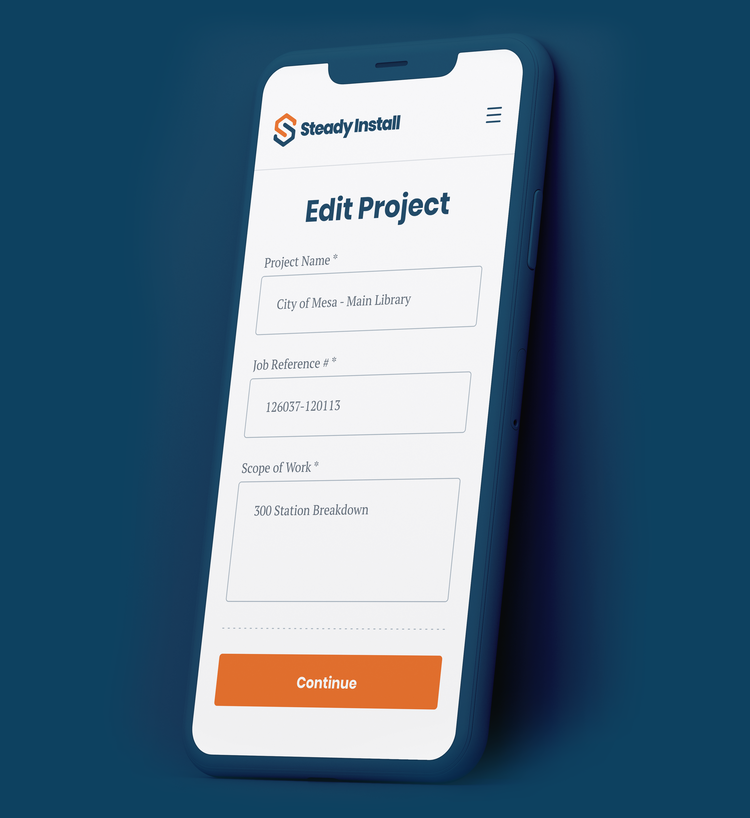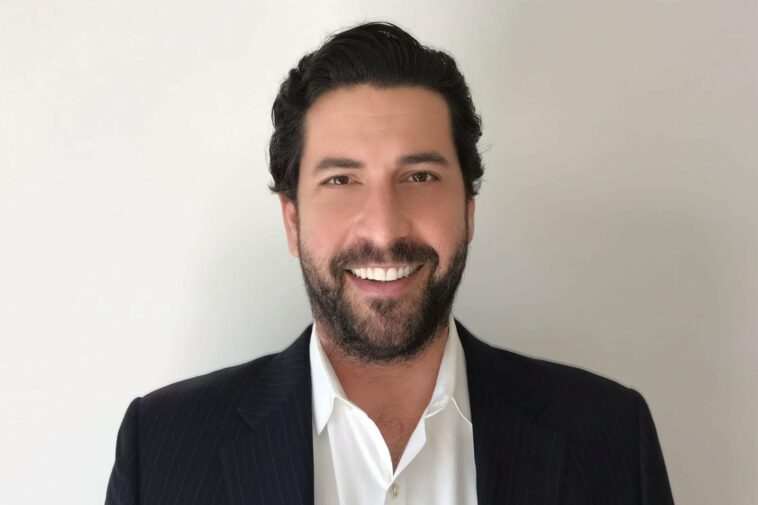This interview is brought to you by Startup Booster. Market your company with rapid, effective promotion across startup and business blogs.
Name: Benjamin Bottner
Company: Steady Install, Inc.

What are you building, and who benefits most from it?
We’ve built an on-demand gig platform that allows installation and moving companies to easily and affordably staff their projects with our pool of vetted and experienced installers and workers.
What is one of your startup’s most impressive accomplishments?
We have created a self-driven onboarding and training system so that our installers and workers can go through the process of getting set up at a time that works for them.
What has been the biggest challenge so far, and how did you overcome it?
As a primarily bootstrapped venture, we’ve had to be mean and lean. By following Eric Reis’s Lean Startup methodology, we’ve been able to create the features needed in creative ways before making the investments to get them custom-built.
What tool or app could you not live without and why?
182 founders interviewed so far. Get interviewed in 10 minutes, via a simple form, for free.
Airtable. Before building out our own internal software for operations, we relied heavily on the customization of Airtable to craft the views and processes needed based on our learnings.

What marketing strategies have worked for you?
We’ve spent a significant amount of time understanding the motivations and psyche of our clients in the sales process. We had to consider the owner of their company, the scheduler that will be utilizing our platform, and the foreman/POC on site that will actually be working alongside our installers. The content of our marketing efforts is tailored to each of their very different interests and motivations.
Can you share any financial data about your startup?
We generated $2.4 million in revenue in 2022 and have raised $500,000 of outside capital to date. (Reported on July 27, 2023.)
What has been your biggest business failure to date? What did you learn from it?
Our biggest failure was likely hiring remote workers for internal operations. We learned that while someone we trained well for six months can essentially work remotely, there is no replacement for the amount of knowledge and training someone gets when they work in the same office as you.
What’s the best specific piece of advice you have for other entrepreneurs?
Your company will be impacted far more by the business you turn down than by the business you take on. Chasing the wrong features is time not spent building the right ones. Keeping a “bad” client puts a disproportionate amount of strain on the team so that they can’t adequately service your good clients. Stick to what you said you’d be providing and don’t steer too far from that just because you can get a sale out of that.
Want to be interviewed just like this? Fill out this simple form.



